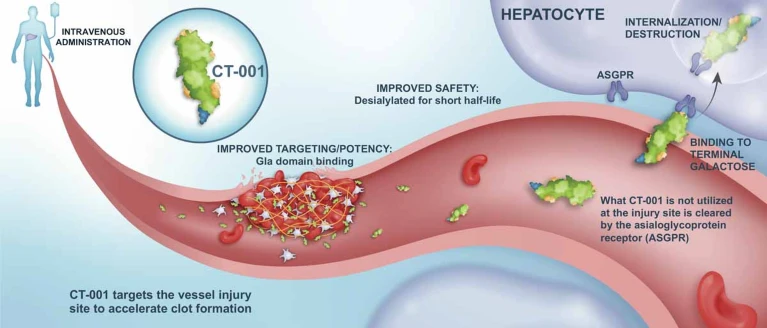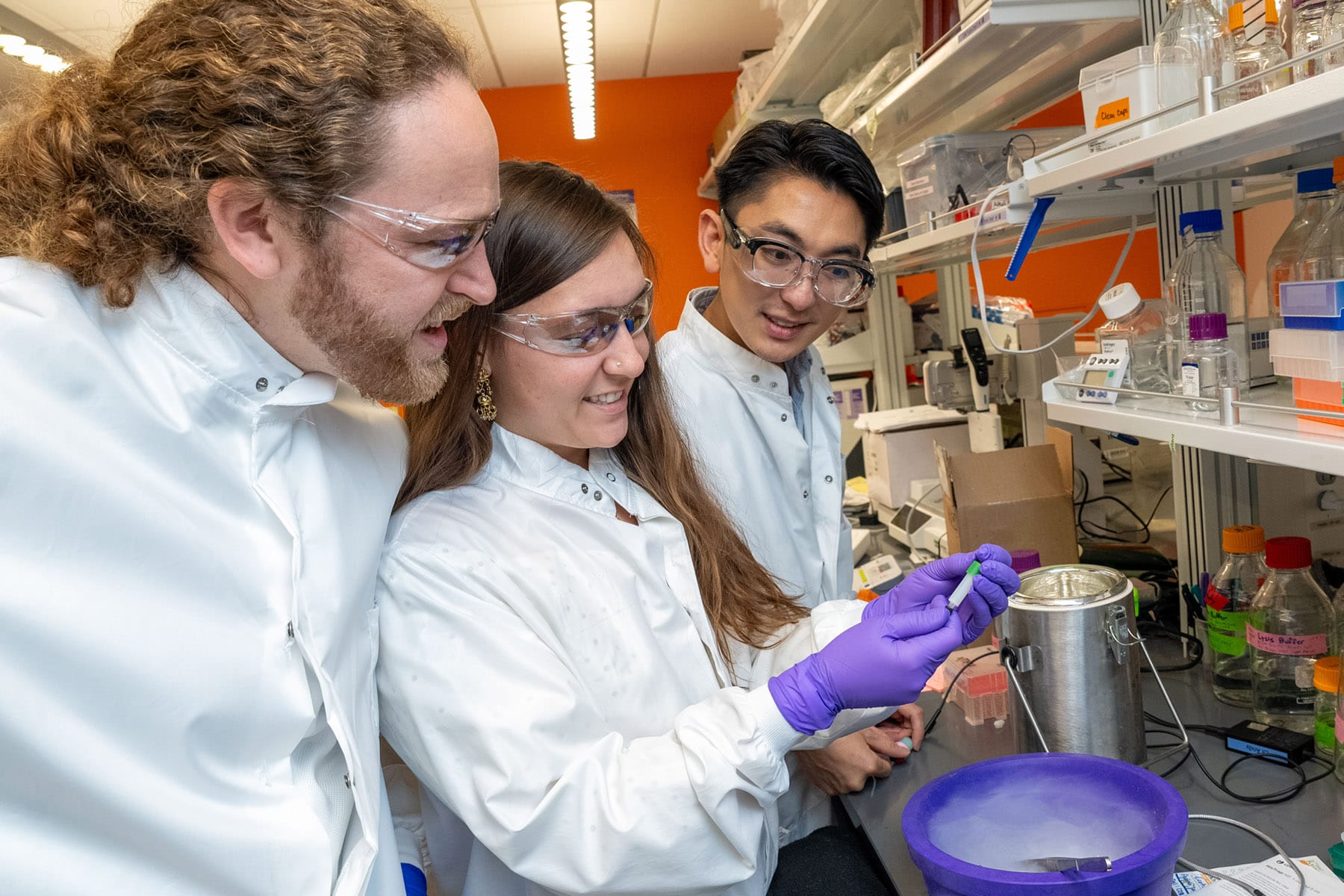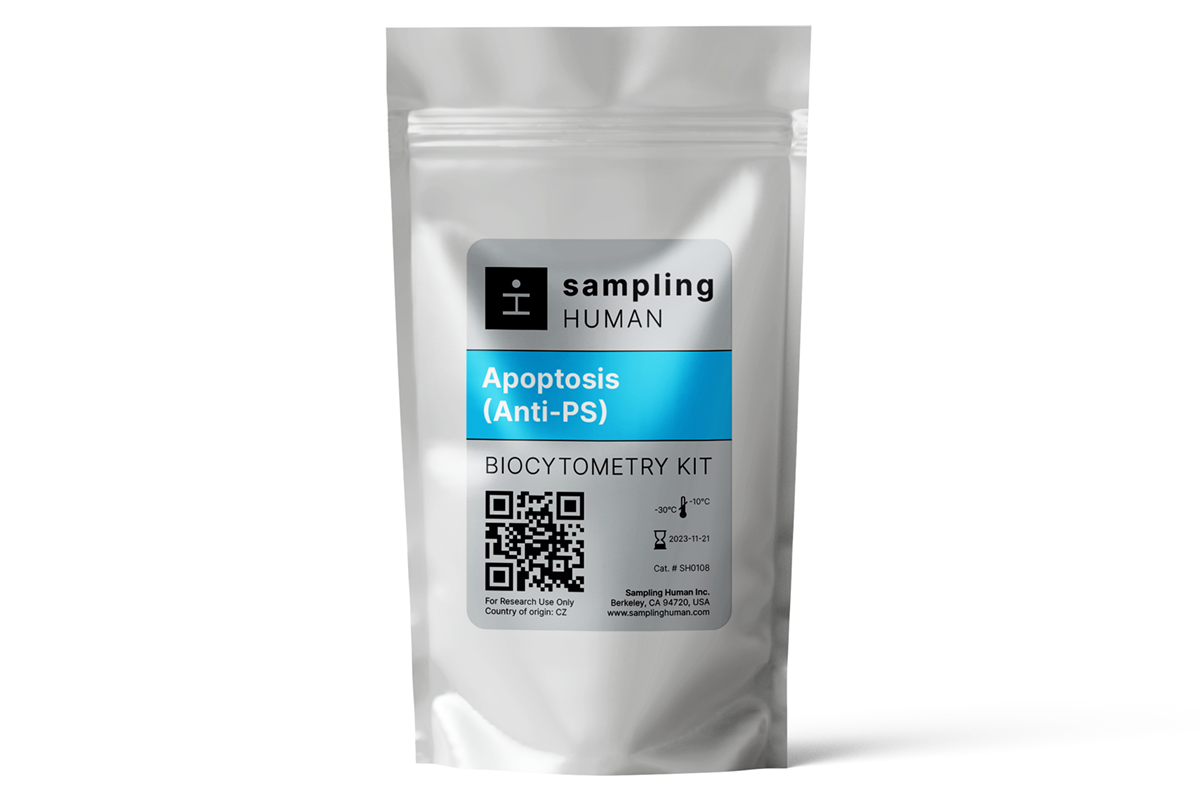Jim Collins’ Latest Venture Raises $13.4M To Programme Logic-Gated mRNA Therapies
From the story by Elizabeth S. Eaton at FirstWord Pharma.
The COVID-19 vaccines from Moderna and BioNTech broke important ground in showing the feasibility of mRNA-based treatments, but Radar Therapeutics thinks it can push the technology to the next level – and into more diseases – with safety switches that boost cell specificity, safety, and accessibility. The biotech, co-founded by MIT professor and synthetic biology pioneer Jim Collins, launched Thursday with a $13.4-million seed round led by NfX Bio and boasting Eli Lilly as one of its investors.
The vaccines showed that it was possible to write a therapeutic protein into a cell, but they can’t distinguish what type that cell might be, Radar co-founder and CEO Sophia Lugo told FirstWord. That capability is vital if mRNA therapies are to move into more complex spaces like oncology or autoimmune diseases.
“If you want to reprogram cells, or you want to program a therapeutic protein into them, you really want to know what cell type you are in before you turn on that function,” Lugo explained. “You don’t want to send mRNA into the body and then hit healthy cells with a kill signal intended for cancer cells.”
Safety ‘step change’
To ensure that its mRNA therapeutics are only active in the specific disease-associated cells, Radar is developing sensors that look for unique RNA transcript signatures within a cell. The technology could enact “a step change in safety,” Lugo said.
The therapeutics are designed to be conditionally active by adding one or more stop codons in front of the coding sequence. Around that stop codon is a reverse complementary sequence correlating to a particular cell type’s signature. When the therapeutic recognises a cell’s unique markers, it forms a double-stranded piece of RNA, which in turn recruits an RNA-editing enzyme called ADAR to inactivate the stop codon – finally triggering protein production.
RNA sensors, she added, are a “very simple and very elegant” solution to mRNA specificity because it mimics a logic game – “If in right cell type, make protein. If not in right cell type, do not make protein.”
Translation-level control
While Lugo emphasised that Radar is not a cell therapy company, she did highlight how its technology is well-suited to overcome some of the logistical difficulties faced by developers that edit their therapies ex vivo.
Because current editing technologies aren’t specific enough, CAR-T cell therapies require the isolation of specific cells from patients, which are then engineered and re-infused – a lengthy and costly process that is difficult to scale, in part because the procedure can only be done in specialised facilities, Lugo said, which also limits patient accessibility.
“The promise of Radar is that we can achieve that very precise control over which cells and at what state something gets reprogrammed in vivo, because we’re controlling at the level of translation,” she explained.
Thursday’s funding will go towards improving the efficiency and efficacy of Radar’s platform technologies, including its bioinformatics workflow and ADAR editing capabilities. The biotech will also continue to develop its internal pipeline programmes and explore partnerships with pharmas, which have already expressed significant interest, Lugo said.





